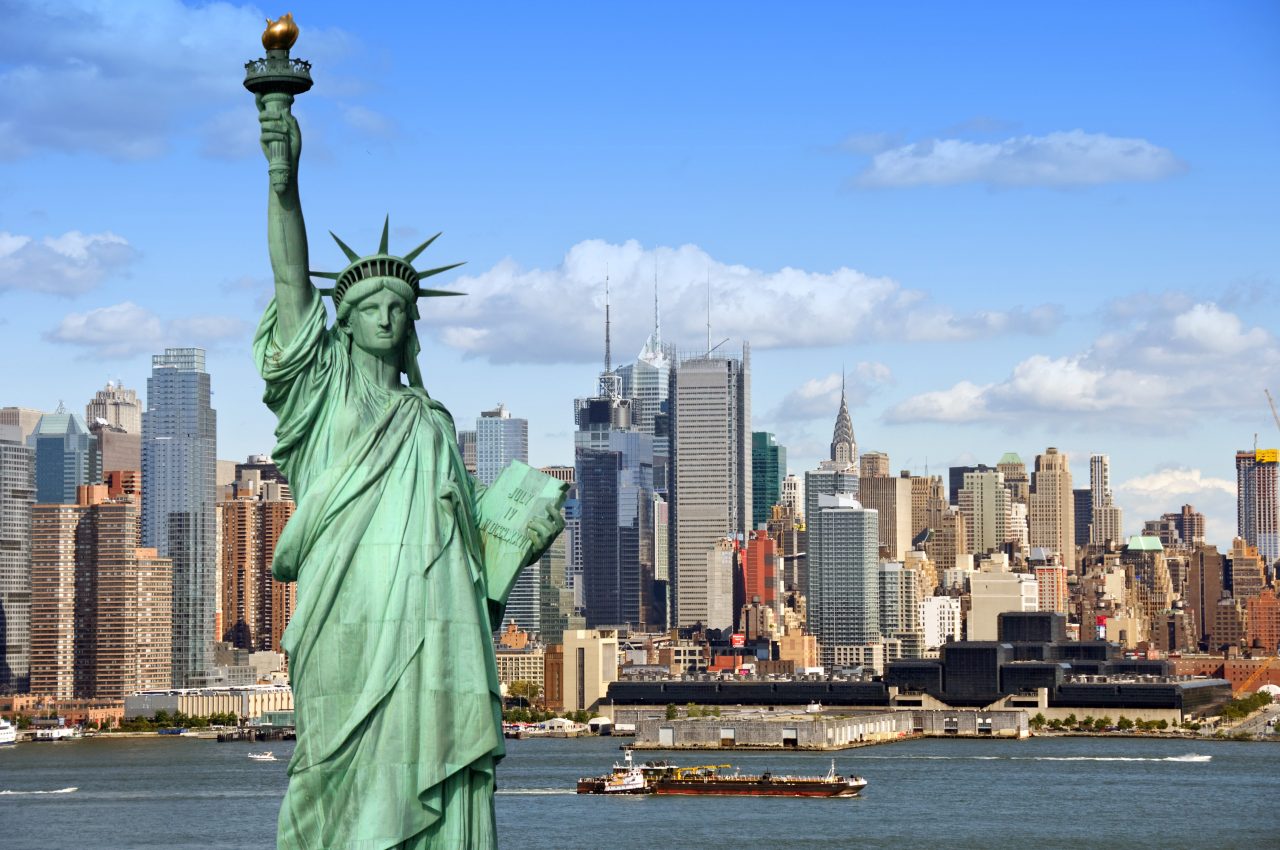Join GlobalBizzNetwork and start your international business network today.
Kansas

Why Start a Business in Kansas City, Missouri?
Earlier this year, Kiplinger ranked Kansas City as one of the top 10 best cities for entrepreneurs looking to start a company. To make their selections, they ranked cities by things like low cost of living for self-employed individuals, the presence of a large educated workforce, availability of investment dollars for startups, and low business costs. Kansas City made the cut thanks to a number of factors unique to this wonderful city, including low costs, a booming entrepreneurial community, the exclusive presence of Google Fiber, and “unbeatable Kansas City-style barbecue,” to name just a handful.
In recent years, low startup costs have led to a major boom in tech companies across the Midwest, leading the area to be dubbed the “Silicon Prairie.” But while Kansas City sits at the heart of this tech boom, it also has a strong history of local entrepreneurial support, and a lot of local and regional systems in place to help get startups off the ground and make sure they succeed in the long haul.
What kinds of setups are most successful in Kansas City?
Well, the city’s entrepreneurial spirit means that just about any kind of business can take off here. Metro area success stories include Boulevard Brewery, Cerner, and Helzberg Diamonds just to name a few. Right now, there’s a major emphasis on tech-based startups, thanks in no small part to the presence of Google Fiber. In 2012, Google unveiled their new broadband Internet infrastructure initiative in Kansas City, and its presence has helped cement the area as a hub for tech-based entrepreneurs.
In addition to the various opportunities for entrepreneurs, Kansas City’s cultural and artistic advantages make it an appealing place for businesses. From the Sprint Center to the Nelson-Atkins Museum of Art, and from the Plaza to the Power and Light District, Kansas City offers a wealth of culture, entertainment, and nightlife to attract entrepreneurs, investors, and employees alike. Not to mention that famous Kansas City-style barbecue!
Advantages of Incorporating a Business in Kansas
There has been a steady rise in the number of startup companies in Kansas since Mars Chocolate North America started a chocolate factory in Topeka, Kansas. Today, some of the largest companies based in the state include Koch Industries, Payless Shoe Source, Spirit Aero Systems, Synergy Group, Sprint, Ace Aircraft Manufacturing Company, Air Midwest Inc, Coleman Company, and Cessna Aircraft Company among others. The Agriculture industry is right at the top and accounts for almost 45 percent of the Kansas economy. This is followed by Manufacturing, Oil, Gas, and Mining, and Education.
Transportation Advantages
Whether by highway, rail or air, Kansas offers excellent transportation and marketing advantages for your business. Because we’re central and because we’ve focused on building and maintaining an outstanding infrastructure, it’s easier and cheaper to ship to and from Kansas. We’re home to numerous production facilities, warehouses and distribution centers that have found shipping raw materials and finished goods is more profitable when you’re located in the nation’s heartland.
Kansas’ strategic location, at the convergence of I-35 and I-70, places it at the crossroads of America. Our central location and excellent transportation network with access to interstate rail, trucking and air corridors put businesses within next-day freight service of 70 percent of the United States.
Highways
Kansas ranks sixth for quality and access to transportation in all modes for getting products to market and for transporting individuals. We also rank third nationally in total road mileage with approximately 140,000 total road and street miles and over 10,000 highway miles. We are a major trucking hub with over 1,000 private carriers, 360 intrastate for-hire carriers and 8,600 Kansas-based motor carriers with intrastate and/or interstate operating authority in Kansas. Thanks to our state’s proximity to major markets, our transit times and shipping rates for common carriers can compete with any in the country. Kansas motor carrier regulations, covering truck and trailer size and weight, mirror many federal guidelines.
Rail service
Kansas ranks in the top 10 in the United States in railroad mileage with almost 4,800 miles of track, 2.23 percent of all U.S. railroad miles. Our four Class I and 13 Class III secondary rail carriers ensure freight service to virtually anywhere in Kansas, since the countless tons of grain grown here have for decades mandated a comprehensive rail system.
Over 900 incorporated and unincorporated cities stand along Kansas’ tracks. Many communities are served by more than one railroad, and businesses in several cities can take advantage of reciprocal switching agreements between railroads. The Kansas City area, a convenient first stop en route to all major marketing regions, ranks as the second leading rail center in the nation.
Air Service
Kansas City International Airport (KCI) and the Wichita Mid-Continent Airport are the largest airports serving the state, providing businesses with immediate access to major markets nationwide. KCI serves as the primary commercial airport for a four-state area for both passenger and air cargo service. These two airports contain state-of-the-art cargo handling facilities, main-deck loaders capable of handling the world’s largest freighter aircraft and an extensive highway system just minutes away to provide businesses with quick access to goods and markets.
Inland waterways
The Port of Catoosa, an inland seaport located near Tulsa, Okla., is approximately 50 miles from the Kansas border. It is a year-round, economical alternative to other means of travel and is especially advantageous to businesses manufacturing large goods
Skilled and educated labor
One of the positive factors in the expansion of the Kansas economy is the Kansas worker. A highly motivated and well-educated workforce is ready to assist your firm. Though many of the state’s 2.9 million citizens are concentrated in its metropolitan areas, firms locating in any region of the state will find a high-quality workforce ready to put its talents to work.
Kansas’ education system is one of the best in the nation and a powerful factor contributing to the success of many businesses. Our education system has resulted in an adept, well-skilled and highly trainable labor force. The high school graduation rate and percentage of the population with a bachelor’s degree are both well above the national average. Kansas ranks in the top third nationally for percent of adults with a college degree and average ACT score. Kansas’ higher education system includes six Board of Regent’s universities, 26 community and technical colleges statewide and one municipal college.
Kansas is also a right-to-work state, which has helped keep labor costs below the national average. The current union membership percentage in Kansas is 7.6 percent, well below the U.S. average. In addition, we have multiple workforce training programs and initiatives for companies new to Kansas or Kansas businesses needing to expand or restructure. Our training programs can offer direct financial assistance to train your workforce, and our workforce development professionals can assist in the recruitment of labor to staff your new business.
Competitive utility rates
Kansas possesses a built-in advantage over other states when it comes to meeting your energy needs. With one of the largest natural gas fields in the world, Kansas is among the nation’s leading producers of natural gas. Also, our statewide power costs are competitive with the national average.
Positive Business climate
In an ongoing effort to improve the state’s business climate, Kansas lawmakers continue to find ways to reduce the cost of living and doing business in this state. Living costs are relatively low in Kansas at 6.3 percent below the national average, making our state one of the most affordable in the nation. Kansas housing is affordable, too, with the median value of owner-occupied housing more than 12.2 percent below the national average. In addition, Kansas ranks 15th overall for business competitiveness based on ten key economic factors, including workforce, education and transportation.



